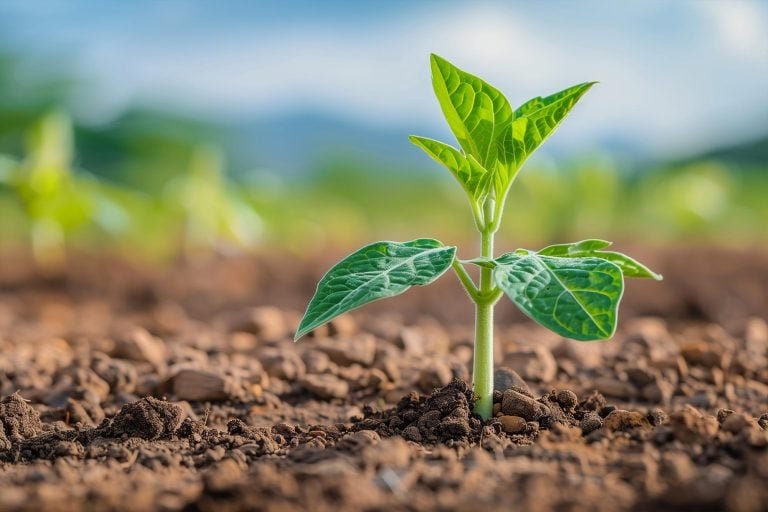Researchers at MIT are pioneering agricultural technologies to combat climate change, ensure food security, and reduce agrochemical use. These innovations include:
- Drought-resilient seeds: Microbial fertilizers and protective silk-coated seeds.
- Stress-signaling plants: Real-time sensors detecting plant distress.
- Sustainable farming: Reduced agrochemical reliance.
The Challenge
Climate change threatens global food production. Rising temperatures, droughts, and soil degradation demand innovative solutions.
MIT’s Response
Benedetto Marelli, associate professor of civil and environmental engineering, directs MIT’s Climate Project’s Wild Cards mission. “Feed[ing] the world’s population requires inventing new ways of making food,” he emphasizes.
Seed Coatings for Drought Resilience
Marelli’s lab developed silk-based seed coatings with embedded plant-growth-promoting bacteria. These microbes:
- Fix nitrogen from air.
- Provide essential nutrients.
- Enhance germination.
Morocco Collaboration
MIT researchers partner with Mohammed VI Polytechnic University to adapt seed coatings for local crops, utilizing biopolymers from food waste.
Microbial Fertilizers
Replacing synthetic fertilizers, microbial alternatives:
- Promote plant growth.
- Reduce environmental impact.
Real-Time Plant Stress Sensors
MIT’s plant stress sensors enable:
- Early detection of water stress.
- Optimized irrigation.
- Increased crop yields.
Future Directions
MIT’s interdisciplinary approach addresses climate change’s agricultural impacts. Ongoing research focuses on:
- Decarbonizing agriculture.
- Resilient crop development.
- Sustainable farming practices.
References
Chandler, D. L. (2024). Glowing Plants and Silk-Coated Seeds: How MIT Is Developing the Future of Farming. Massachusetts Institute of Technology.

















